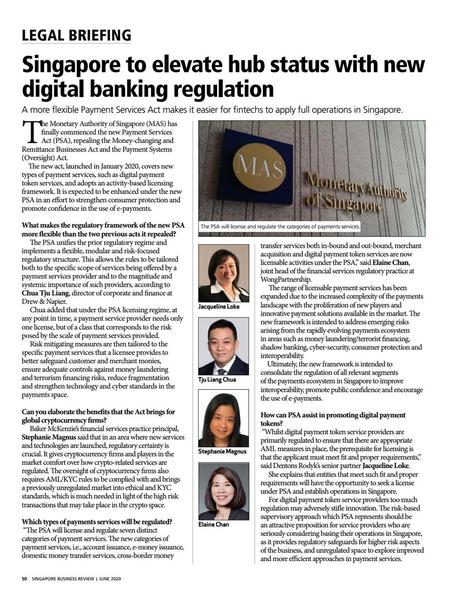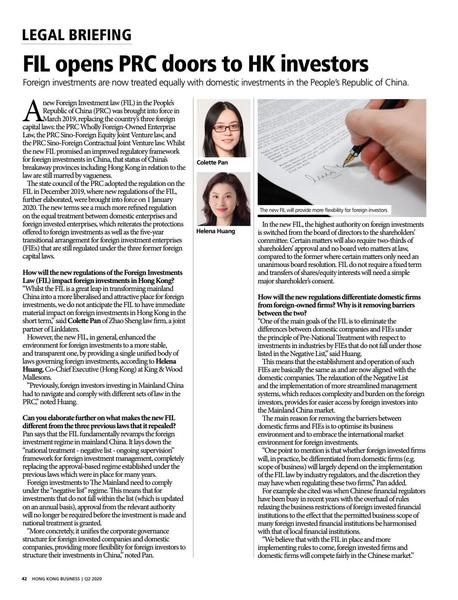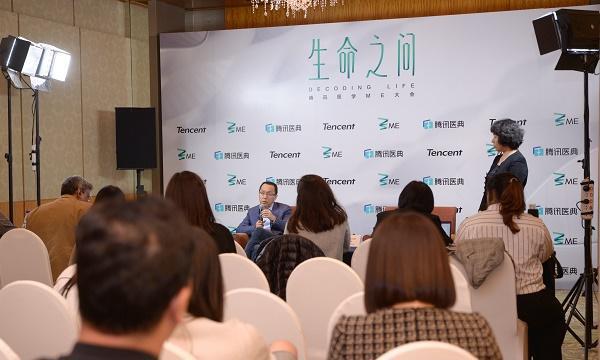Singapore Business Review
•
19th February 2020
Singapore to lift local labour via S-Pass-DRC reduction
DRC has been lowered to 15% for the construction, marine shipyard, and process sectors.
Singapore continues to lessen its dependence on foreign workers, as a further reduction of the S-Pass-sub-dependency ratio ceiling has been announced for a number of sectors in the Singapore Budget 2020.
Finance Minister Heng Swee Keat said that it will lower its S-Pass sub-DRCs for the construction, marine shipyard, and process sectors from 20% to now 15%. DRC for the services sector meanwhile, will be red









